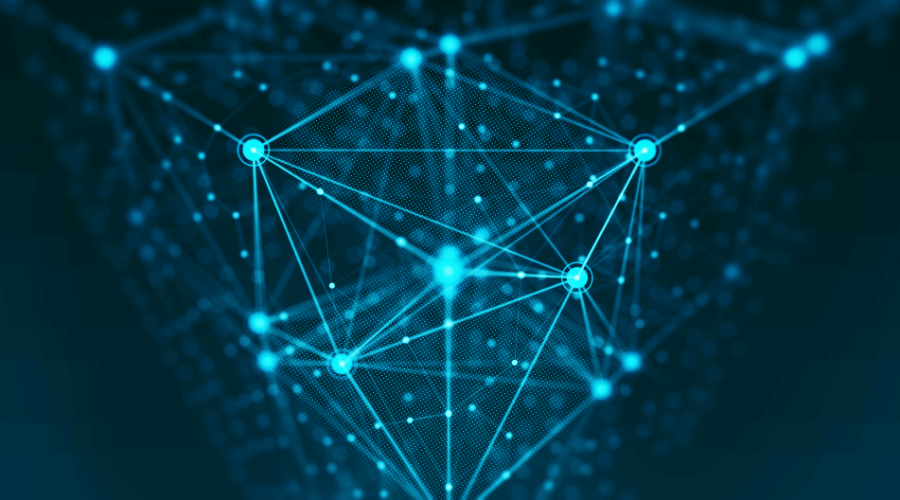Can Blockchain Improve VAT Collection?- Part 2

In Germany, the Bundesrechnungshof, which is the supreme federal authority for federal audit matters and is tasked with examining the performance of the German government’s financial management, said that new mechanisms for fraud detection are needed, such as real-time reporting, and that they should be better connected with blockchain technology. This authority explains that blockchain technology is crucial to digitalize the fight against VAT fraud.[8]
By using blockchain, a real-time reporting system would not only reduce the time to detect fraud by making the data available in a timely manner, but it would also ensure the authenticity of the recorded data.
It should be noted that today, none of the existing real-time reporting systems make use of blockchain technology. Therefore, the important advantage of unalterable data has not yet been exploited.
The Netherlands-based startup Summitto, which received funding from the EU’s Horizon 2020 project, is working on a blockchain-based accounting system that tax administrations could use to combat VAT fraud. They have created a real-time reporting software based on the blockchain, through which companies can register their invoices and declare VAT, and the confidentiality of the information is also guaranteed[9].
Finally, one of the most disruptive proposals is the one formulated in December 2020 in the book “Tax Harmonization in the EU: Intelligent Tax Administration”.[10]
There it is said that private blockchains are intended to improve specific tax areas by providing a unique system to:
Beyond a system of shared tax records, smart contracts, or a pre-programmed computer code with established triggers, the application of complex tax laws and the collection of taxes could be activated. This can be applied to various tax areas.
Regarding its application in VAT, it is said that, since companies act as intermediaries in the collection and notification of VAT transactions, this system is prone to human error and time-consuming, especially in VAT refunds and calculations. In addition, there is VAT fraud, an especially relevant phenomenon in various countries.
The EU Mini One-Stop Shop for VAT (MOSS) and the expanded One-Stop Shop (OSS) are cited, which centralizes VAT registrations and payments in one country and lays the foundation for a single EU-wide tax blockchain.
Synthetically, what is favored is that, through smart contracts, governments could collect taxes in real-time, eliminating the need for intermediaries.
To implement such a system, a blockchain would be created, in which the Tax Administrations could access information on all the transactions that trigger the payment of VAT.
The use of authorized private blockchain would mean that only the relevant TAs could access or change the information.
Smart contracts could be used to automatize this system, based on triggering events. Taxes would be transferred directly to the TAs whenever a taxable event occurs, such as the payment of a good by a final consumer, through the linking of bank accounts.
Governments could collect taxes in real-time while eliminating the burden of VAT collection and reporting and filing by businesses.
In this proposal, existing real-time reporting systems, such as the automatic VAT adopted by Portugal, could be connected to the blockchain and smart contracts, to activate taxes every time a payment is made, and VAT is reported.
One step further, smart contracts would be used to remit the VAT of final consumers directly to the TAs, linking the payment methods, that is, companies would no longer need to collect VAT. In addition, automatic payments would reduce human error, ensure quality data reporting in real time, and reduce the burden of submitting returns to the TAs.
- Final thoughts:
I am convinced that blockchain technology and many others such as Artificial Intelligence present disruptive scenarios for countries, not only in the tax field but in multiple aspects, and those that take better advantage of it will be able to improve the quality of life of citizens.
Similarly, it is more than ever necessary to improve the efficiency of the Tax Administrations to manage tax systems, seeking to reduce tax evasion and tax fraud by simplifying taxes and reducing compliance costs for taxpayers, and administration costs.
That is why all the alternatives analyzed regarding the use of blockchain to improve the collection and management of VAT seem very important to me, as well as those that I commented on in this blog related to their application in other areas of taxation.[11]
Surely the path for its introduction and application is not easy at all and many issues will have to be reconciled in a future implementation, such as respect for the rights and guarantees of taxpayers, the costs of incorporating this technology, and the need for qualified human resources, among others.
As always, I leave the debate open for your valuable comments.
[8] https://blog.summitto.com/posts/a_boost_for_modern_technologies_real_time_reporting_bundesrechnungshof/
[9] https://blog.summitto.com/posts/a_boost_for_modern_technologies_real_time_reporting_bundesrechnungshof/
[10] https://www.dgen.org/tax-harmonisation.dGEN- December 2020. Written and researched by Tomás Le Terrien Fragoso
[11] ALFREDO COLLOSA Blockchain in Tax Administrations CIAT Blog 06/14/2021.
4,154 total views, 9 views today

1 comment
Idea is good although VAT collection is much more complex. eg Supply chain input VAT, Refunds, Claims, etc.